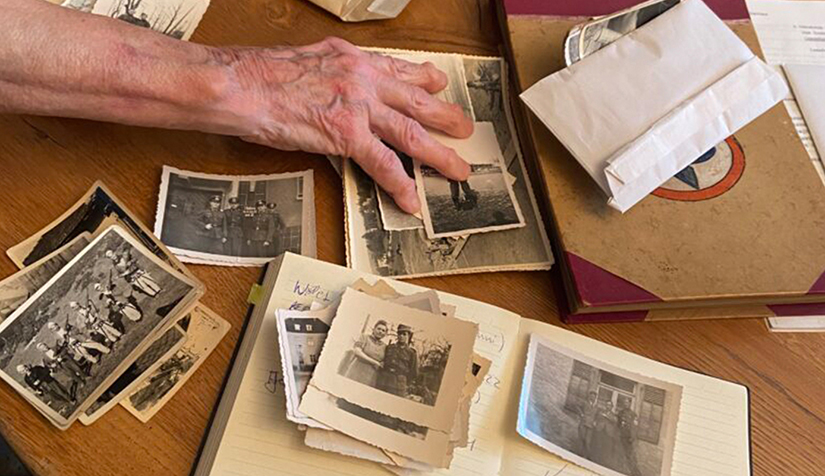Multiple views on the Grand-Duchy’s history
The C²DH studies the history of Luxembourg by analysing the phenomena and processes that have shaped the region and whose comparative value goes beyond the national perspective. These include the World Wars and their legacies, the transition from an economy based on the steel industry to a mixed economy of production and services, and the emergence of the migratory space and the welfare state.
Explore & participate
Memorial of the Shoah Luxembourg
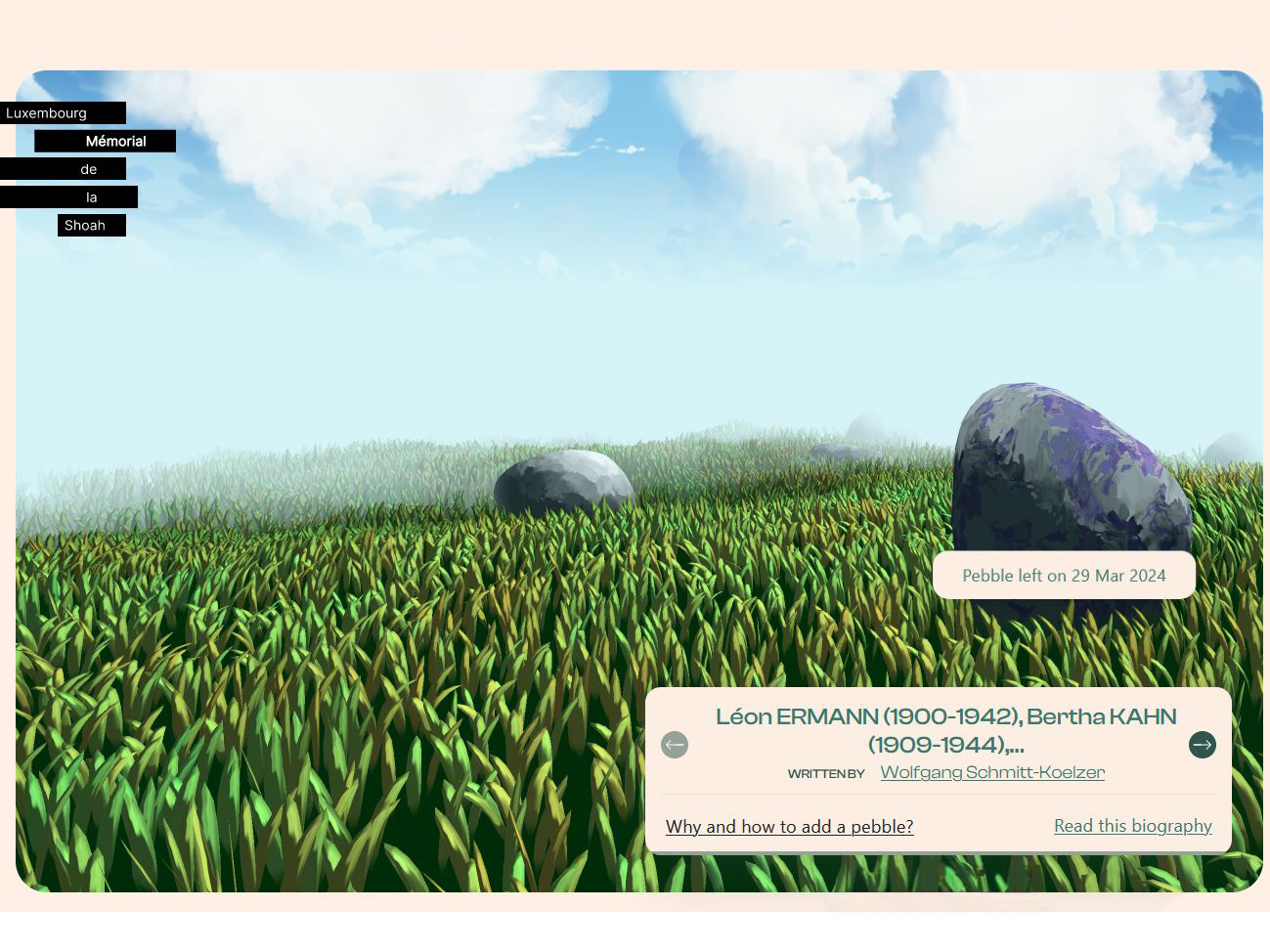
A variety of projects and outputs
The Research Group Contemporary History of Luxembourg conducts empirical research on the political, social, economic and cultural history of Luxembourg in a transnational perspective. Currently, the Research Group includes three research clusters:
-
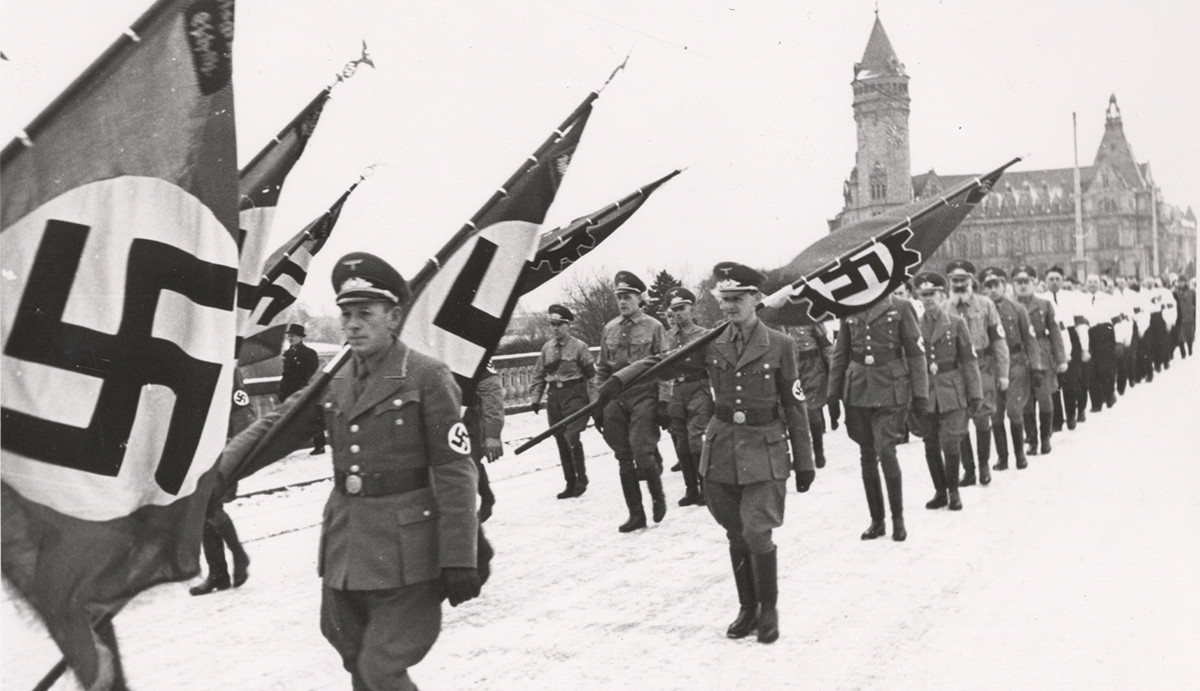
-
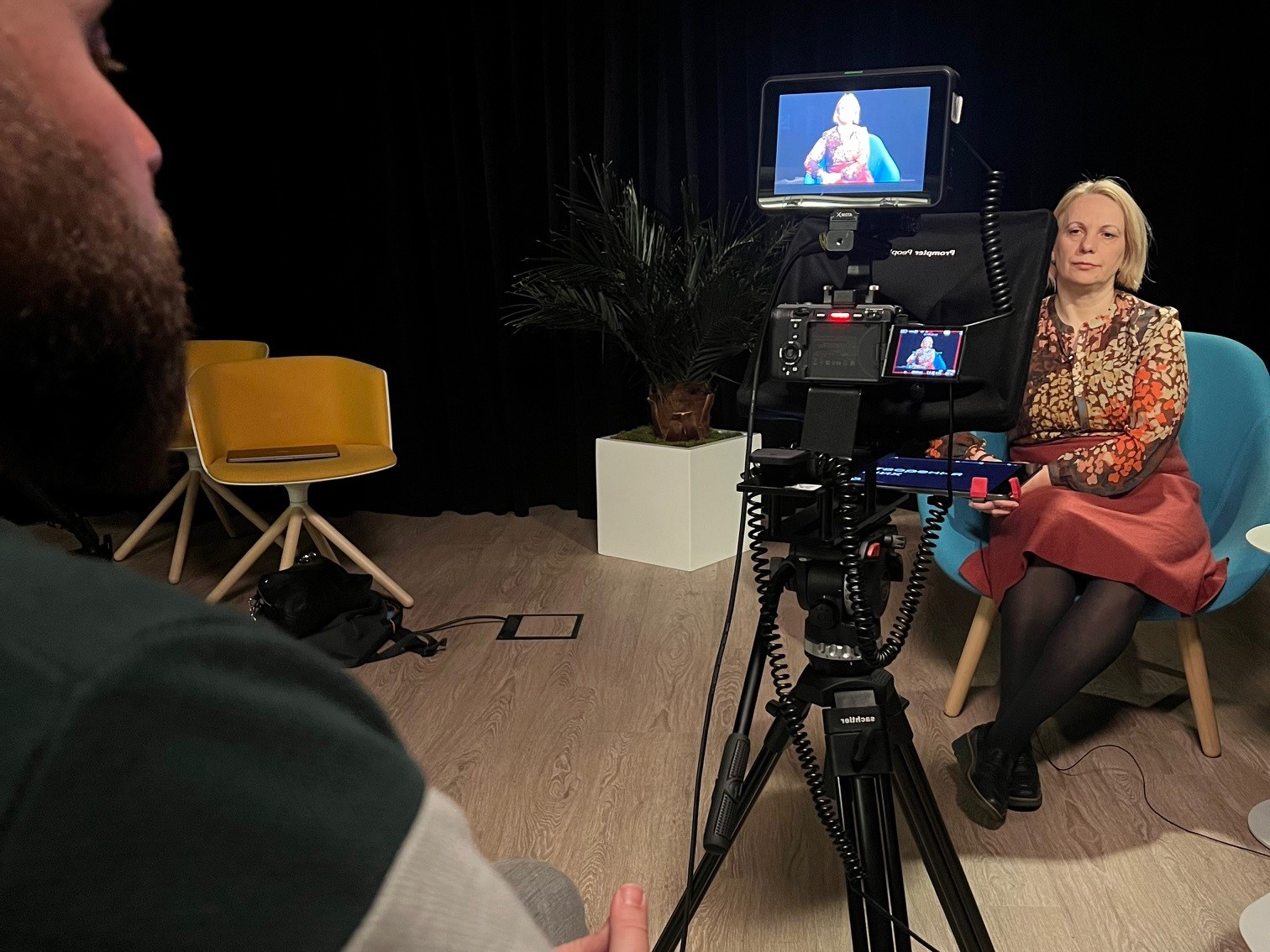 Research cluster
Research clusterDevelopment of a digital infrastructure for the analysis and disclosure of different types of historical sources
-
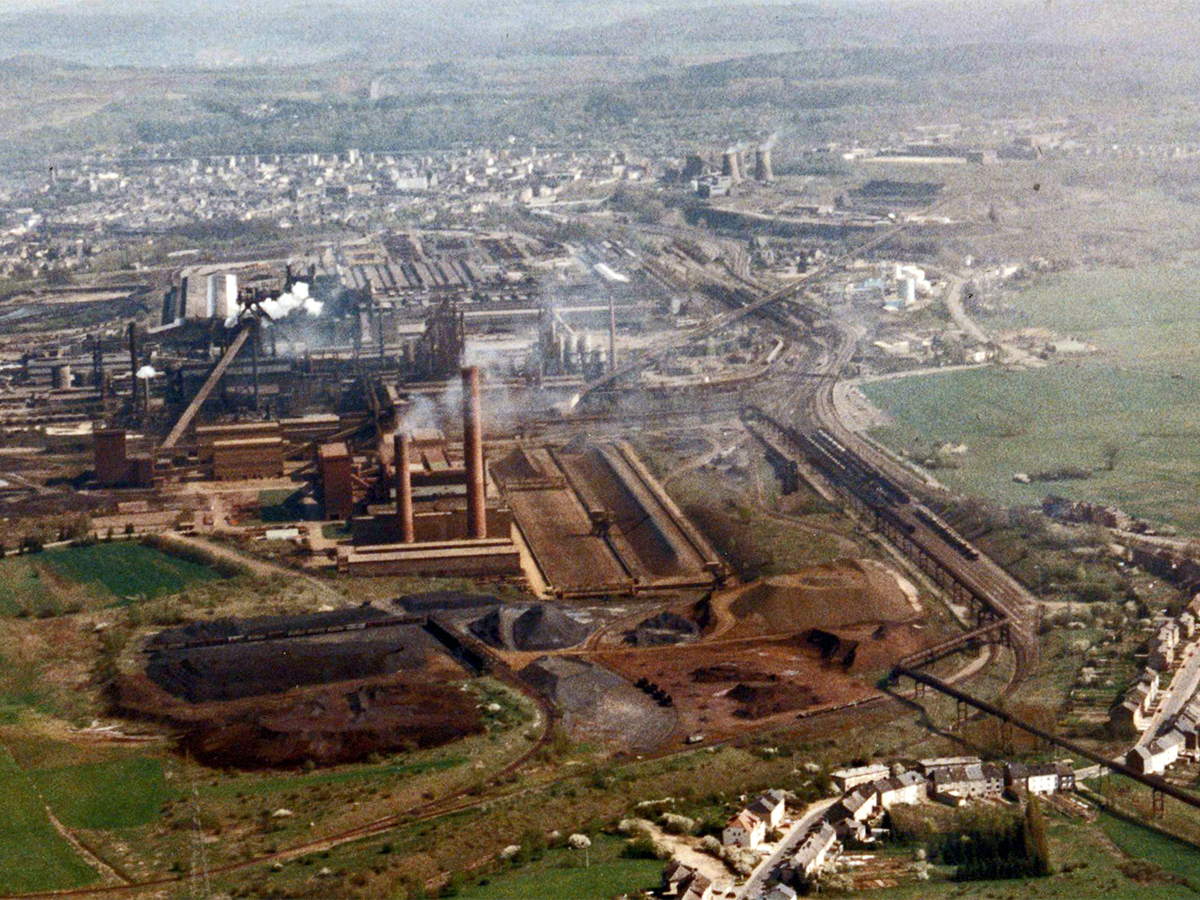 Research cluster
Research clusterContemporary social history of Luxembourg
